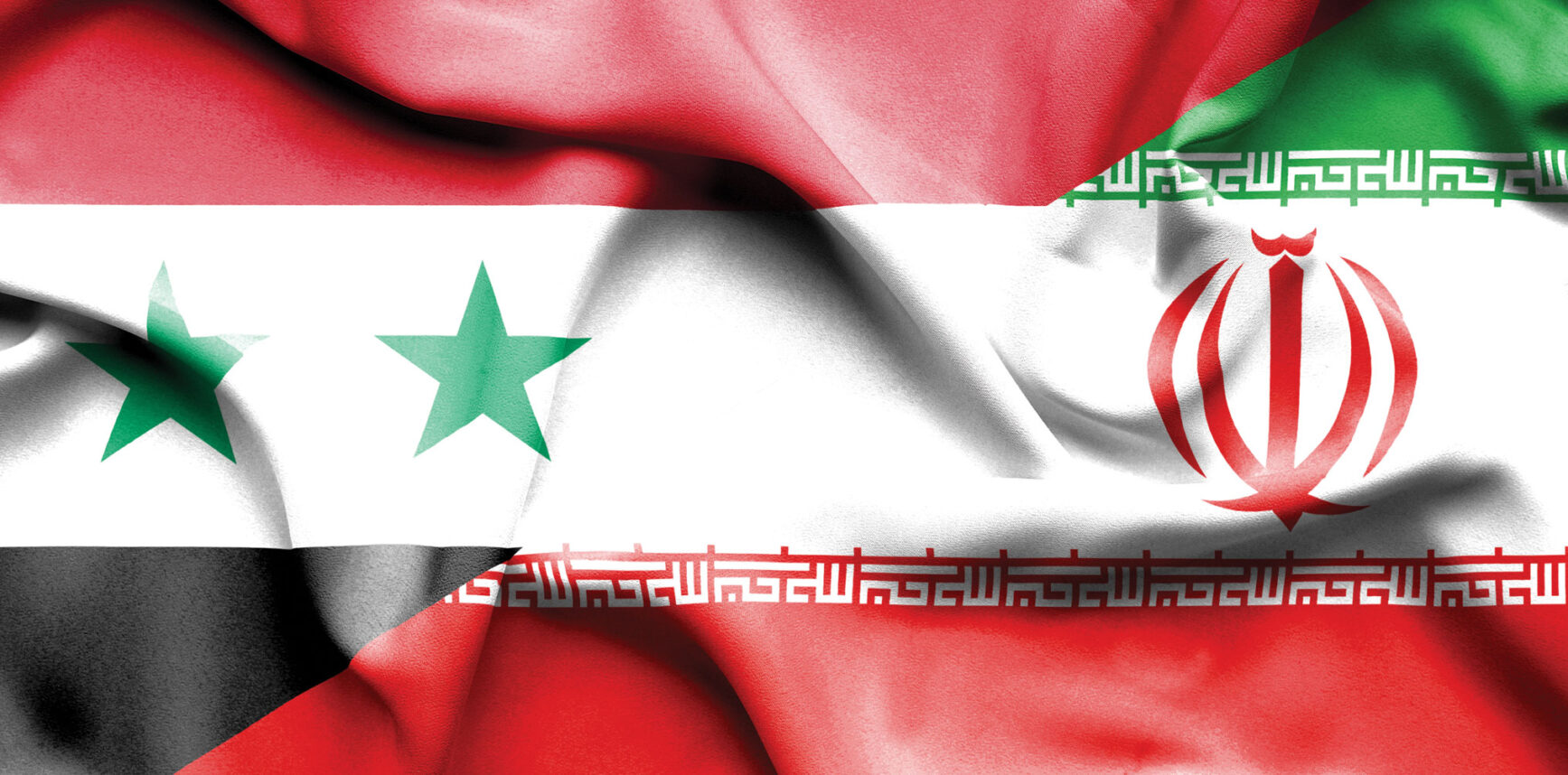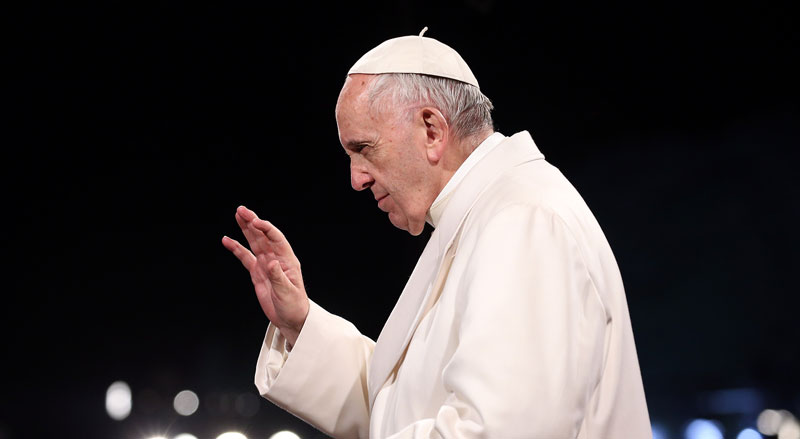For Magbit Foundation, 2002 will go down as a year of change.
Over its first dozen years, the prime objective of the nonprofit, including its Young Leadership Division and its Women’s Group, has been to raise $400,000 a year in scholarship funds for college students.
However, at this year’s annual gala, Magbit’s fundraising efforts were redirected to supporting Israeli humananitarian aid services.
"There are people suffering in Israel that need our help," said Jimmy Delshad, Magbit spokesman and Sinai Temple past president. "We can’t all go there, but these people need our money."
The air of transition is apparent not only in Magbit’s campaign goals. As Persian Jews continue to grow in clout, influence and participation in Los Angeles’ Jewish community, the group, founded by Persian Jews, is re-evaluating and redefining its scope, as it reaches out to include more youth and non-Persian Jews.
Based in Beverly Hills, Magbit was founded 13 years ago by Parviz Nazarian as a nonpolitical organization dedicated to assisting Jews of all backgrounds.
Magbit was modeled after a similarly named immigrant-assistance group started in Israel by David Ben Gurion and based on Theodore Herzl’s Zionist ideals.
Magbit’s scholarships predominantly assist students in Israel, with about 20 percent going to Jewish students in the United States (mostly in Los Angeles). Its interest-free loans, based on financial need and academic-extracurricular performance, work on a rollover basis — about 85 percent of the students pay back the loan.
Benjamin Nazarian was 17 when his father, the chairman and CEO of Stadco, an aerospace engineering firm, defied expectations by creating Magbit so quickly and so successfully.
"It was very visionary at the time," Nazarian said. "People did not think that he would be able to start such a charitable group. Over 700 people attended the first gala and raised $500,000. Everyone was so surprised because it was successful from day one."
Since then, he added, Magbit has put L.A.’s Persian Jewry — and by extension the larger Persian Jewish community — on the map in terms of supporting Israel.
"Magbit has raised an awareness among Israelis," continued Nazarian, "of the support that the Iranian Jewish community gives to Israel."
In a few short years, Rabbi David Wolpe has seen firsthand the camaraderie and the clout of Persian Jewry. Even before Wolpe began serving as Sinai Temple’s spiritual leader in 1997, the Westwood synagogue has been a longtime local spiritual sanctuary for Persian Jews. Together, Magbit and Sinai have raised $3.3 million, which a delegation of representatives from both institutions presented during a 10-day mission in early June (see cover story). Wolpe noted that Sinai’s Passover drive for Israel would not have been as successful without the support of Magbit, which raised matching funds.
At the 13th annual Magbit Foundation gala, which attracted 1,000 people in April, Magbit brought in $1 million in funds, which went into Sinai’s pot for victims of terror.
The new fundraising twist did not go unnoticed at the gala, held at the Beverly Hilton. "Until this year," Delshad said, "it was always a gala to raise money, [and] to celebrate Israel. This year was the first year that we invited non-Iranians to the gala. It was our plan to do that, and it worked."
Magbit also held parlor meetings earlier this month in Santa Barbara’s and Los Angeles’ Russian Jewish community to raise money for Israel.
Members such as Doran Adhami, a 29-year-old Merrill Lynch financial adviser who has been a part of Magbit for eight years, originally joined Magbit’s board because "it’s an excellent opportunity to help young aspiring students realize their goal."
For three years, Adhami has served as president of Magbit’s Young Leadership Division. "We bring in people from all over the Jewish community who are scholarly," Adhami said. "Holocaust survivors, doctors, psychiatrists, people who have written books on our community and how we relate to the world. The overall goal is to help the community understand that there are great things about our culture, American culture, our religion, and to build a positive outlook on our community."
Adhami sees the Young Leadership Division "as a conduit between generations," sparking dialogue between young and old members.
"Myself, I was born here, so I never really had Persian friends until the revolution, when they started coming here," Adhami said, "but now those kids have lived in America longer than they have in Iran. The whole goal is to maintain their roots but still embrace all the positive benefits of the culture."
Delshad’s goal is to incorporate more youth by keeping dues down — $250 for students, as opposed to the regular $1,000 minimum contribution. He would also like to see the organization continue to widen its mandate to include Jews of all backgrounds.
Over his five years at Sinai, Wolpe has observed that "Persian and Ashkenazi communities have come much closer. The issue of the Persian community being separate, or any antagonism between the two communities, has evaporated. Each community has come to respect each other’s contributions."
Although the Persian Jewish contingent evinces classical Jewish immigrant characteristics, Wolpe noted that "some of it is the same; some of it very different. They either came with or developed immense wealth and social status. People came with contacts all over the world."
Magbit has earned good marks within and outside the Persian Jewish community.
"We have a very good relationship with Magbit," said Pooyah Dayanim, spokesperson and former director of public affairs for the Council of Iranian American Jewish Organizations.
Although the Persian Jewish community is a very close-knit and mutually supportive one, among Persian Jewish affiliations there have been mild tensions, which stem largely from a generational difference of approach. The council is made up of a younger group that tends to be less conservative and more progressive in its philosophy than its older-skewing counterpart, the Iranian American Jewish Federation.
Dayanim believes that Magbit’s excellent reputation in the community rises above any petty rivalry. "Their goal is Israel," Dayanim said. "They haven’t muddied themselves by getting involved in the internal politics of the community."
"Rather than rallying around religious lines or ideological lines," said John Fishel, president of The Jewish Federation of Greater Los Angeles, "you have communities built along the shared ethnicity and culture, and Magbit is a good example of that. Over a short period, they’ve established a strong financial institution, and they keep their commitment to the world Jewish community."
There is much that American Jews can learn from their Persian cousins, Wolpe said, including "their passionate love of Israel, small family relationships, and their deep-rooted identifications as Jews."
"Unfortunately, there’s a lot of craziness in the world," Adhami said. "If we can get people together and help them realize that there are great people in the world — of all religions, all races — we can achieve much more. That’s the goal."






















 More news and opinions than at a Shabbat dinner, right in your inbox.
More news and opinions than at a Shabbat dinner, right in your inbox.